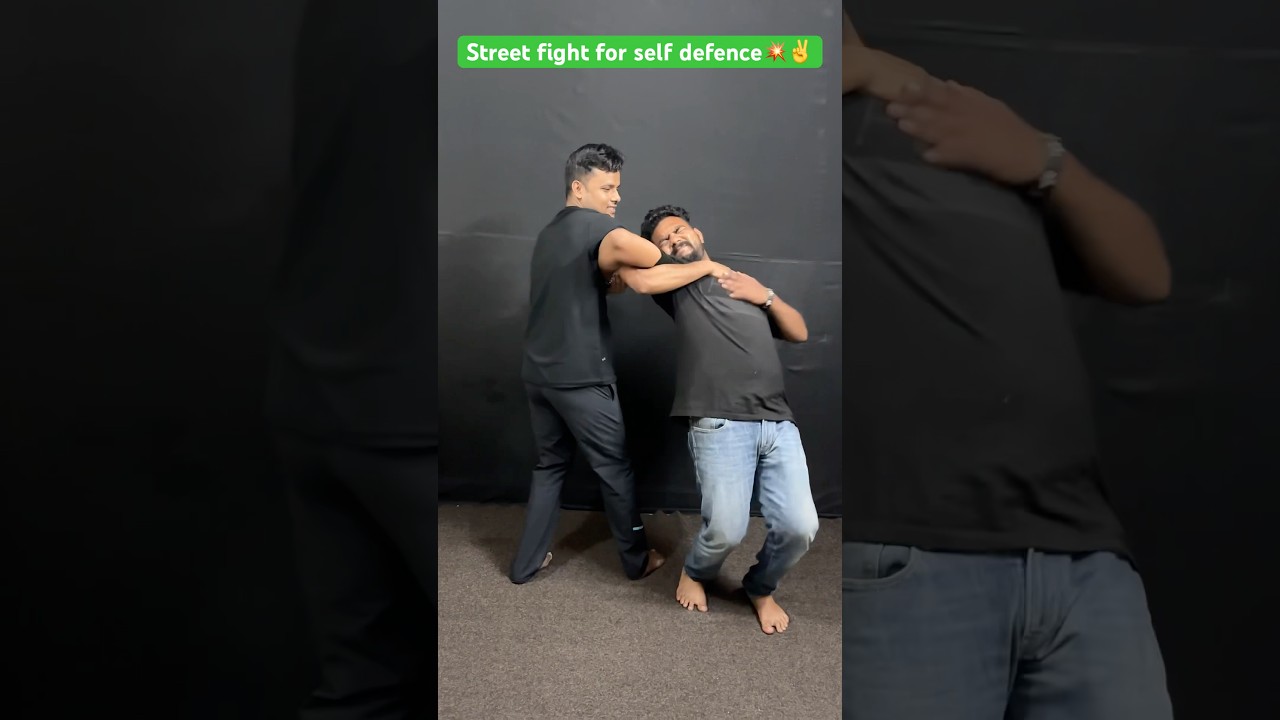Womens Self Defense
How Scream Alarms Can Protect You from Intruders

Womens Self Defense
Navigating Self-Defense Laws: What You Need to Know

Self-defense laws can be complex and vary widely from one jurisdiction to another. Understanding these laws is crucial for anyone who wants to ensure their actions are legally justified if faced with a threatening situation. This article will guide you through the key principles surrounding self-defense, including the legal standards, considerations, and best practices to keep in mind.
Understanding Self-Defense
Self-defense is a legal doctrine that allows individuals to use reasonable force to protect themselves against an imminent threat of harm. The primary aim is to provide a legal shield for those who act to protect themselves or others from physical harm. However, not all actions taken in self-defense are lawful, and several factors determine the legality of the response.
Legal Standards of Self-Defense
Self-defense laws can be categorized into several key elements:
-
Imminence of Threat: You must be facing an immediate threat of harm. If the threat is not imminent, your use of force may not be justified.
-
Reasonable Belief: You must reasonably believe that you are in danger. This involves considering whether a reasonable person in your situation would perceive the same level of threat.
-
Proportionality: The amount of force used in self-defense must be proportional to the threat faced. Using lethal force in response to a non-lethal threat may not be justified.
- Duty to Retreat: Some jurisdictions require individuals to attempt to retreat from a threat before using deadly force. In others, the "stand your ground" principle allows individuals to use force without retreating.
Types of Self-Defense Laws
-
Stand Your Ground Laws: This law allows individuals to use force without retreating when they feel threatened in any location where they have the right to be. It is critical to check whether your state has enacted such laws, as they can significantly affect how self-defense cases are assessed.
-
Castle Doctrine: This principle allows individuals to use reasonable force, including deadly force, to protect themselves within their own homes. Again, the specifics can vary dramatically by jurisdiction.
- Duty to Retreat States: In some areas, if threatened, individuals must retreat to safety before resorting to the use of force, unless they are in their homes.
Factors Influencing Self-Defense Cases
Several factors can influence the outcome of a self-defense case:
-
Witness Testimonies: Accounts from bystanders can greatly affect the perception of the situation.
-
Evidence: Video footage, photographs, and physical evidence can be crucial in establishing the facts of the case.
-
Criminal History: A person’s background, including any prior criminal convictions, can sway legal interpretation in self-defense cases.
- Expert Testimony: In some cases, experts in self-defense and law may be called upon to provide insights into customary behaviors and standard practices in similar situations.
Best Practices for Navigating Self-Defense Situations
-
Know Your Local Laws: Familiarize yourself with the self-defense laws specific to your state or locality, including any statutes regarding the use of force.
-
Avoid Confrontation: Whenever possible, prioritize de-escalation and avoidance. Engaging physically should be a last resort.
-
Document Everything: If you are ever involved in a self-defense situation, document the encounter as thoroughly as possible. This includes taking photos, gathering witness contact information, and writing down your recollection of events.
-
Seek Legal Counsel: If you find yourself involved in a self-defense incident, consult with a legal professional who specializes in criminal defense or personal injury law to navigate the complexities of the case.
- Self-Defense Training: Consider enrolling in a self-defense class to gain practical skills and understand legal implications better.
Conclusion
Navigating self-defense laws is essential for anyone interested in personal safety and security. Knowledge and preparedness can significantly impact the outcomes of critical situations. By understanding the principles, legal standards, and best practices surrounding self-defense, individuals can not only protect themselves effectively but also act within the bounds of the law. Always prioritize personal safety and eliminate potential conflicts whenever possible, keeping the legal implications in mind.
Womens Self Defense
Street fight for hand grip self defence tips#shorts💯💥✌️#roadfight#short

Street fight for hand grip self defence tips#shorts ✌️#roadfight#short https://www.youtube.com/@Vipin_Kumar_90 . Related …
source
Womens Self Defense
Empowering Yourself with Legal Knowledge: The Benefits of Self-Defense Aid

In an increasingly complex world, understanding the law is crucial for personal empowerment. The legal landscape can seem daunting, particularly when it comes to self-defense. However, arming yourself with legal knowledge not only enhances personal safety but also allows you to navigate the legal system with confidence. Here’s a dive into the benefits of self-defense aid through legal education.
Understanding Self-Defense Laws
The core principle of self-defense is the right to protect oneself from harm. However, laws governing self-defense can vary significantly from one jurisdiction to another. Familiarizing yourself with local laws is essential. Knowing when and how you can legally defend yourself means you can act decisively and correctly during a high-pressure situation.
1. Clarity on Legal Standards
Self-defense laws typically revolve around two main concepts: reasonable force and imminent threat. Understanding these terms can clarify when you are justified in taking action. For example, in many jurisdictions, the use of deadly force is only permitted if you are facing an imminent threat to your life or serious bodily injury. Legal education provides clarity on these standards, helping you make informed decisions.
2. Reducing Legal Risks
Misunderstandings about self-defense can lead to serious legal consequences, including criminal charges. A solid grasp of self-defense laws helps mitigate risks. By adhering to legal guidelines, you can act confidently, knowing that your actions are justified under the law.
Enhancing Personal Empowerment
3. Building Confidence
Knowledge is power. When you understand your rights and legal protections, you face potential threats with greater confidence. That confidence can deter potential aggressors and empower you to act rationally should a dangerous situation arise.
4. Peace of Mind
Understanding your legal rights provides peace of mind. The fear of the unknown can be paralyzing, especially in dangerous situations. By educating yourself about self-defense laws, you remove some of this fear, allowing for clearer decision-making during crises.
Access to Resources
Legal knowledge is not only about understanding laws but also about knowing where to turn for help.
5. Community and Support
Self-defense education often includes access to workshops, seminars, and community resources. Becoming part of a community dedicated to legal knowledge and self-defense can provide support and camaraderie. Engaging with like-minded individuals opens up avenues for shared experiences and invaluable advice.
6. Legal Aid Networks
Many communities offer legal aid for self-defense issues, ranging from free consultations to low-cost representation. Understanding how to access these resources is vital. Being proactive in securing legal resources can help you significantly if you ever find yourself in a complex legal situation.
Training and Preparedness
Legal knowledge complements physical self-defense training. Training in self-defense techniques equips you with practical skills, while legal knowledge prepares you for the aftermath of an incident.
7. Comprehensive Preparedness
Combining physical self-defense training with legal knowledge creates a comprehensive strategy for personal safety. You learn not only how to defend yourself but also how to navigate the legal implications of an encounter.
8. Empowering Others
Empowered individuals can become catalysts for change in their communities. By sharing your knowledge and experience with others, you contribute to a culture of safety and awareness. Teaching friends and family about the laws in your area can further amplify this effect.
Conclusion
Empowering yourself with legal knowledge related to self-defense is an invaluable investment in your personal safety and well-being. Being informed about your rights, understanding legal standards, and knowing where to seek help can transform fear into confidence. As you bolster your understanding of self-defense laws, you not only improve your own life but also become a resource for others seeking empowerment in protecting themselves. In a world where knowledge is a crucial weapon, equipping yourself with legal insight is one of the smartest steps you can take toward safeguarding your future.
-

 Womens Self Defense11 months ago
Womens Self Defense11 months agoNew Legislation Empowers Women to Defend Themselves
-

 Self Defense News1 year ago
Self Defense News1 year agoShe was convicted of killing her abusive boyfriend. Now a Maple Grove woman is home awaiting a new trial.
-

 Self Defense News1 year ago
Self Defense News1 year agoSelf-Defense for All: The new Gracie Jiu-Jitsu Pasadena is for everyone | Online Features
-

 Womens Self Defense8 months ago
Womens Self Defense8 months agoUnderstanding State-by-State Variation in Self Defense Laws
-

 Womens Self Defense1 year ago
Womens Self Defense1 year agoTop 5 Self-Defense Techniques Every Woman Should Know
-

 Womens Fitness1 year ago
Womens Fitness1 year agoXtreme Bodyweight HIIT (Lots of Jumping!) | Joanna Soh (Fio Series)
-

 Womens Preparedness1 year ago
Womens Preparedness1 year agoEmpower Yourself: A Guide to Female Survival Planning
-

 Womens Preparedness1 year ago
Womens Preparedness1 year ago10 essential skills for surviving in the great outdoors



